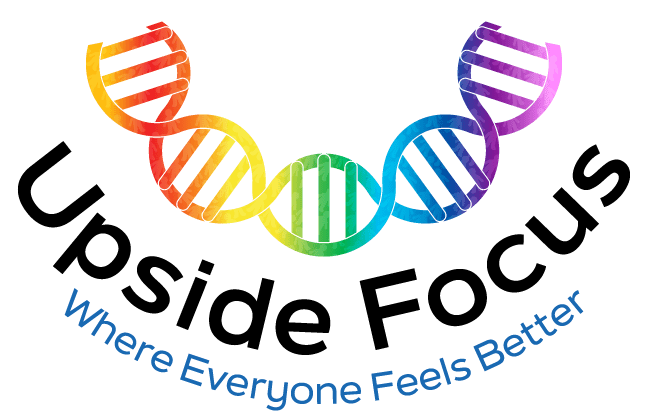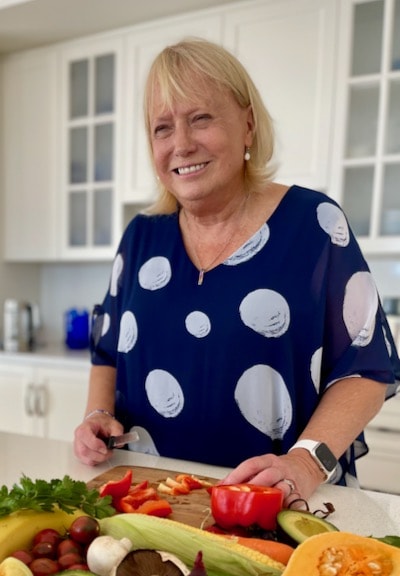Overview
Dietary iron is an essential mineral crucial for numerous bodily functions, mainly the production of haemoglobin, a protein in red blood cells that carries oxygen from the lungs to the rest of the body. So, it’s very hard to live without it! Dietary iron comes in two forms, haem and non- haem and is converted into three forms in our bodies. It’s so important we even recycle it! It’s complex but all is explained below!
As mentioned, the iron we eat can come in two forms, haem and non-haem.
Haem Iron
Haem iron is found in animal products, and is the same form as our body uses, so highly absorbable. Key haem iron sources include red meat, poultry, and fish. Red meat, especially liver-based pate, has higher amounts but all animal sources have some.
Non- haem Iron
Non-haem iron, found in plant-based foods, must go through extra processes to be used by our body so is less readily absorbed. Major non-haem iron sources include legumes like lentils and beans, leafy greens such as spinach and kale, and fortified foods like cereals and bread. Nuts, seeds, and tofu also provide non-haem iron.
TIP: To enhance the absorption of non-haem iron, it’s beneficial to eat these foods with vitamin C-rich items like citrus fruits, strawberries, and bell peppers. By combining both haem and non-haem iron sources in your diet, you can help ensure adequate iron intake for optimal health.
If your doctor orders iron studies, he is looking at three measures of iron and their status in your body. They are serum iron, ferritin and transferrin.
Serum or circulating Iron
Serum iron refers to the iron present in the bloodstream. T-his circulating iron is essential for various bodily functions, including the production of haemoglobin in red blood cells, which transports oxygen throughout the body. Sometimes this is the only measure the Doctor orders, but it doesn’t always give a complete picture. Always ask for Iron studies rather than serum iron if you get the chance, after all they are still going to stick a needle in you, might as well get as much information as you can!
Ferritin
Ferritin is a protein that stores iron within cells, particularly in the liver, spleen, and bone marrow. It acts as a reserve, releasing iron when the body needs it, such as during periods of low dietary intake or increased demand.
Transferrrin
Transferrin is a transport protein that binds to iron absorbed from the diet and carries it through the bloodstream to various tissues, including the bone marrow, where it is used to produce new red blood cells. Transferrin also delivers iron to cells that need it for enzymatic and metabolic processes.
Together, these forms of iron ensure that the body maintains adequate iron levels for essential functions like oxygen transport, energy production, and immune response.
Your body’s iron recycling
The body efficiently recycles iron from old or damaged red blood cells to maintain iron balance. When red blood cells reach the end of their lifespan (about 120 days), they are broken down by special cells in the spleen, liver, and bone marrow. The haemoglobin from these cells is split into haem and globin. Iron is extracted from the haem and transported back into the bloodstream by a protein called transferrin. It is then delivered to the bone marrow to be reused in the production of new red blood cells, ensuring a constant supply of iron and reducing the need for dietary intake.
A balanced diet incorporating both haem and non-haem iron sources is key to preventing iron deficiency and maintaining overall health. Regular monitoring and, if necessary, supplementation under medical guidance can help ensure adequate iron levels.
How much Iron do I need?
Iron is vital for maintaining energy levels, supporting immune function, and aiding cognitive development. The Australian Government recommends 18mg a day for pre-menopausal women and 8 mg for men and post-menopausal women.
What happens if I don’t eat enough iron?
Adequate iron is vital for maintaining energy levels, supporting immune function, and aiding cognitive development. It is particularly important if you have heavy periods, and harder to achieve if you are vegetarian or vegan. If you are iron deficient your body will not be able to produce enough haemoglobin which is a major part of your oxygen production. This can lead to fatigue, weakness and brain fog in the first instance, followed by pale skin, shortness of breath and tachycardia which is a fast heart rate. This feels very scary, and many sufferers end up in emergency because they think that they are having a heart attack. Once it gets to this level of deficiency, a transfusion might be necessary, or at the very least, supplementation. However, some iron supplements have side effects, so be aware!
Supplements- things to watch out for!
As mentioned, the Australian Government recommends daily intake of 18mg a day for menstruating women. So why do many iron supplements have doses six or seven times this level? I guess it is about restoring iron levels in serum as well as storage iron. However these supplements can cause constipation and black poos, which is an indication that excess iron is being excreted rather than stored. When looking for supplementation, look at products that have lower iron levels especially if you want to take them daily. If you are seriously deficient, take high doses until you notice dark poos and then take a few days break from the supplements. Remember, your body stores and recycles iron so you don’t need daily supplementation unless it is easier to make it part of a routine. Also avoid supplements that include ferrous sulphate in their ingredients because often this leads to an upset tummy. Finally, one more important thing- don’t take iron with your morning coffee! Coffee inhibits iron bioavailability so there is likely to be no beneficial effect! Tea and milk products also effect absorption. Allow 2 hours before taking the supplement if you want it to work!


